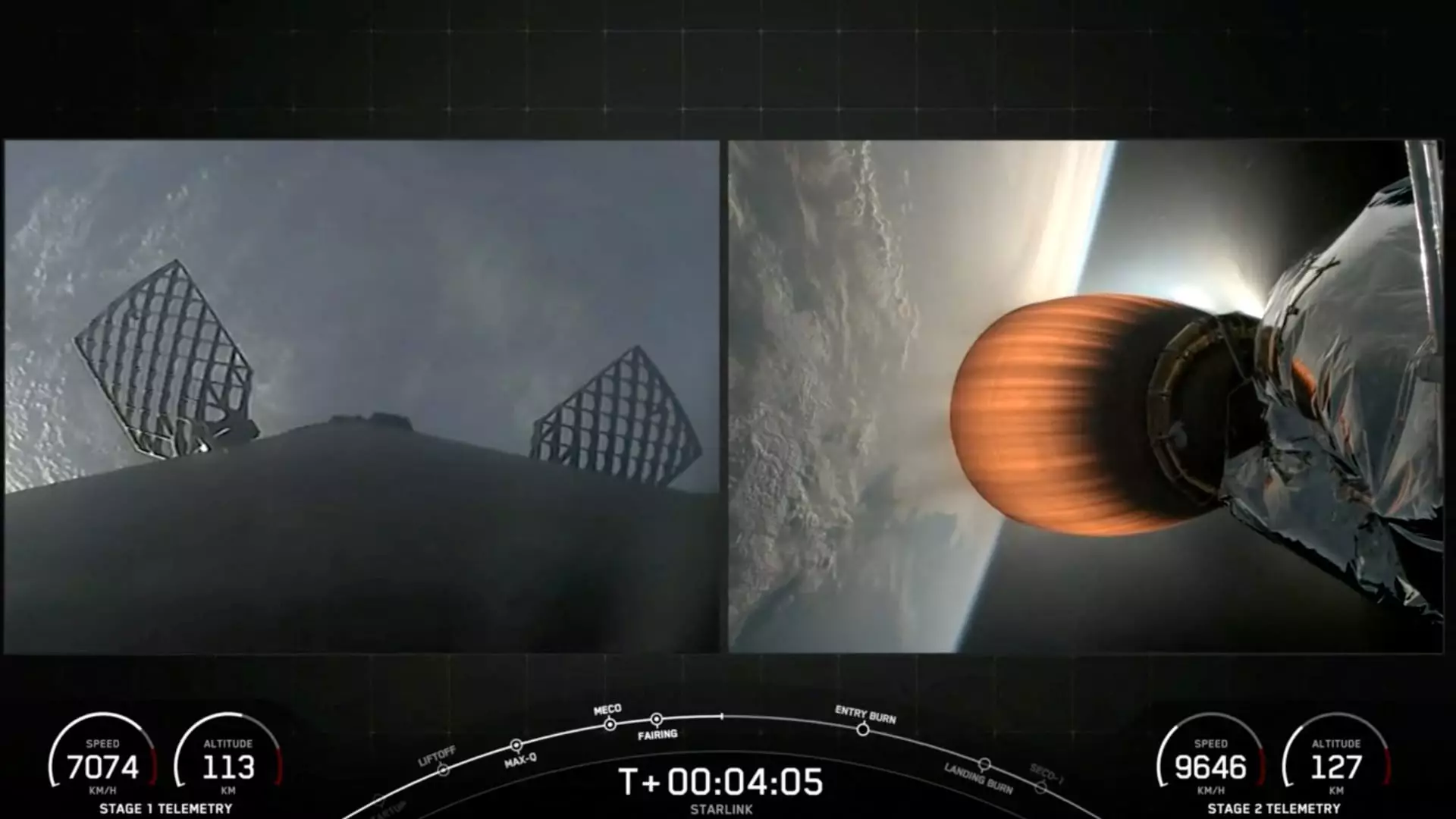SpaceX’s Falcon 9 rocket recently faced an unexpected setback during its mission known as “Starlink Group 9-3.” The mission launched from California’s Vandenberg Space Force Base, with the intention of delivering 20 satellites to low Earth orbit. While the rocket’s lower first stage performed as expected, the upper second stage experienced a failure, leading to the destruction of the rocket.
SpaceX CEO Elon Musk confirmed the incident, stating that the upper stage failed to reignite its engine for reasons that are currently unknown. Musk described the failure as an “engine RUD,” or rapid unscheduled disassembly. The company later revealed that the engine failure was triggered by a leak of liquid oxygen in the second stage.
As a result of the failure, Falcon 9 has been grounded pending an investigation by the Federal Aviation Administration (FAA). The FAA will closely monitor the investigation process and must approve SpaceX’s final report before the rocket is cleared for future launches. This grounding is expected to delay upcoming launches, including two crewed missions: Polaris Dawn and NASA’s Crew-9.
Although SpaceX was able to deploy the 20 Starlink satellites, the second stage engine failure caused the satellites to end up in a lower than intended orbit. Despite efforts to make contact with the satellites and adjust their trajectory using onboard thrusters, SpaceX confirmed that the satellites will not be recovered. The 20 satellites are expected to re-enter Earth’s atmosphere and burn up, with no threat posed to other satellites or public safety.
Falcon 9 has enjoyed a long history of success, with more than 300 consecutive successful orbital launches leading up to this recent incident. The rocket has completed a total of 354 missions to orbit, with a significant portion of them resulting in the successful landing and reuse of rocket boosters. This setback marks a rare misfire for the Falcon 9 after nearly a decade of reliable performance.
While this incident serves as a reminder of the risks associated with space exploration, it also highlights the importance of thorough investigations and safety measures in the industry. SpaceX will need to address the root cause of the failure and implement corrective actions to ensure the future success of its missions. Despite this setback, the company’s track record demonstrates its capacity for innovation and resilience in the face of challenges.

